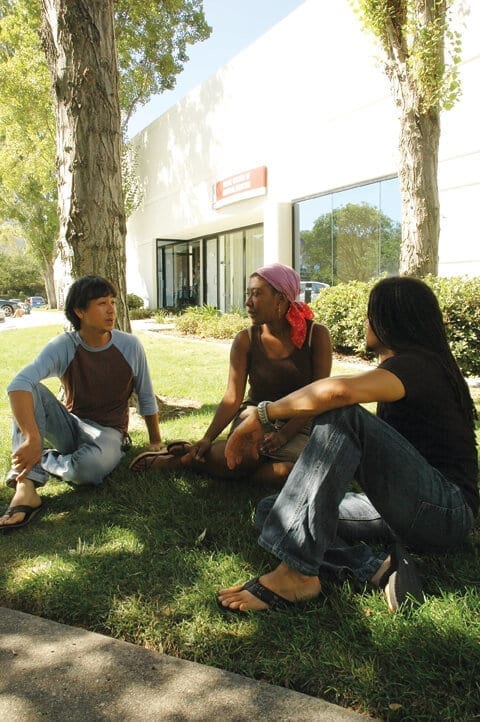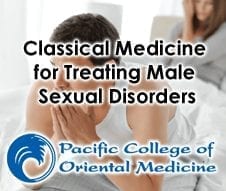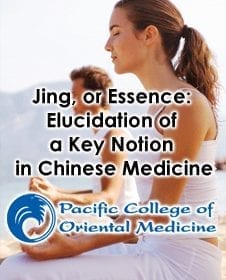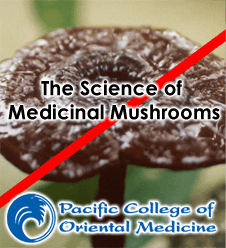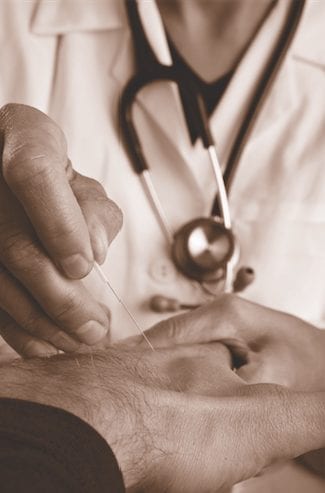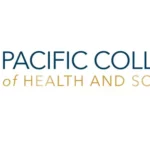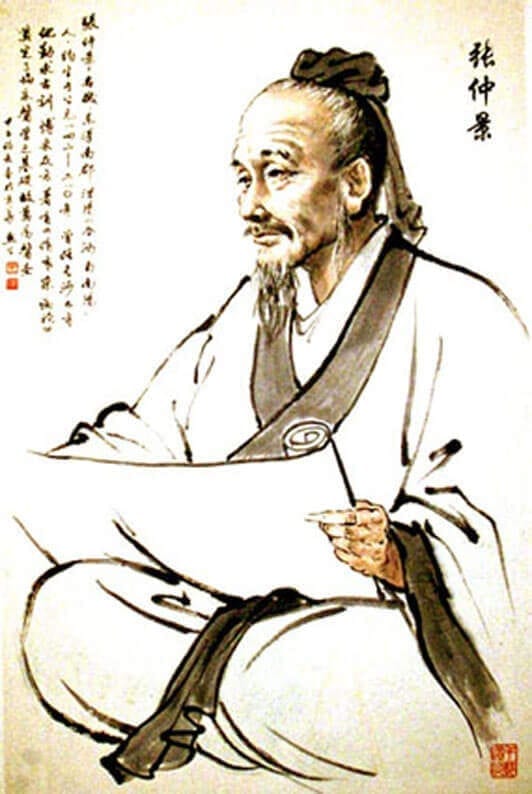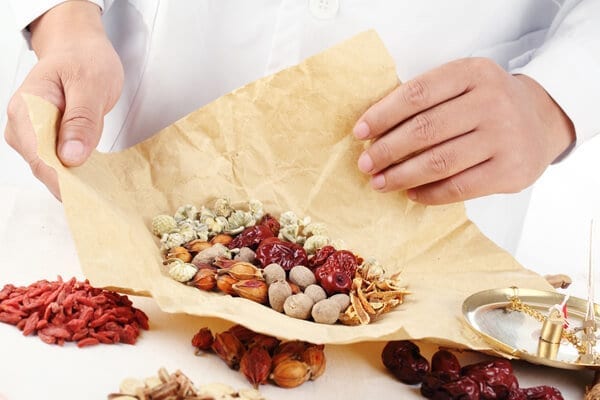Tu Youyou Wins Nobel Prize in Medicine for TCM-Based Malaria Treatment
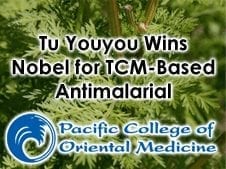
Tu Youyou, an 84-year-old Chinese scientist, was recently awarded the 2015 Nobel Prize for Medicine for her discovery and development of artemisinin, a malaria treatment that has saved millions of lives over the past few decades. Tu’s team of researchers rediscovered the drug, which has been known to Chinese medicine for at least 2000 years, in …
Continue reading “Tu Youyou Wins Nobel Prize in Medicine for TCM-Based Malaria Treatment”
